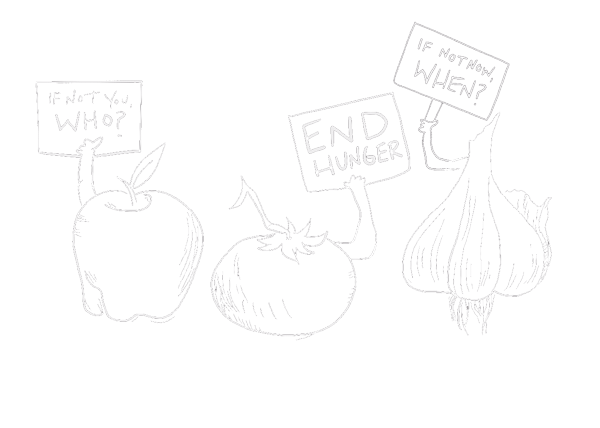Community Partner Spotlight: Special Delivery
By Lucy Loughridge, Student, Francis Parker Upper School
Six thousand people. One million meals. Thirty years ago, Ruth Henricks would have never seen herself as the founder and leader of Special Delivery, an organization working to aid chronically ill individuals suffering from hunger.
“The thing is, it makes you feel so good. It makes me feel healthier, just knowing I’m helping people,” says Henricks.
In 1989, a young man walked into The Huddle, Henricks’ diner, diagnosed with AIDS. He became a regular customer, describing how some days he felt too weak to wait in line at a grocery store or even open a can of soup.
“His name was Scott. I never even knew his last name,” Henricks says. “He said, ‘If I’m not here, I’m not eating.’ After a while he stopped coming, and I was devastated.”
Henricks wished to bring him a home-cooked meal, but with neither his name nor address, her
search for Scott was in vain. Several people heard of her quest and hoped she could do the same for others, as the United States was in the midst of an AIDS outbreak and many were in need of assistance. She gathered a group of volunteers and begin delivering meals to individuals diagnosed with AIDS.
“I had no plan, no business plan,” Henricks says. “I just wanted to help a few friends in the neighborhood, and it just kept growing and growing…It was Scott, who was a total stranger to me, who turned my life around.”
Thirty years later, at age 75, Henricks has developed and leads three programs through Special Delivery, each unique to a specific need she saw in the community. She broadened her home delivery system to individuals with any sort of chronic illness, whether it be cirrhosis of the liver, kidney disease, or cancer. Situated adjacent to the diner, The Huddle, she opened a food pantry where families can “shop” for their weekly supply of goods, each product as nutritious as possible. Special Delivery recently added a health class designed for those diagnosed with diabetes. The program was inspired by Henricks’ observation of the increasing number of people impacted by the disease.
“Something needs to be done to help these people because they’re going to die prematurely,” Henricks says. “Somebody needs to step up to the plate and say ‘here, let’s work together on this.’ How to be healthy, how to eat, how to wake up in the morning and realize you have diabetes but know that you’re on the right track.”
With a paid staff of about 15 volunteers, Henricks manages to serve 2600 individuals through the home delivery program, 800 families through the food pantry, and 100 in the diabetes class monthly. Though she has had her share of hardship watching several beneficiaries of the programs pass away from varying health issues, Henricks’ love for her work remains unwavering. This passion has allowed her to build a sense of community in her organization, something that is not found at every food pantry.
“We don’t discriminate here, we just care for everyone,” Henricks says. “We try and give as much emotional support when we can, and physical support when we can. People would ask me, ‘How can you keep feeding people, keep getting close to people, and then lose them?’…It is because in their last days, we were giving them dignity and giving them love when no else was.”
Asked about what it took to make such an impact, Henricks was quick to point to community partners like Feeding San Diego.
“Our partnership with Feeding San Diego helps us provide food security to hundreds of people who otherwise would be struggling to put food on the table for their families,” says Henricks. “It couldn’t be done without them.”
For 11 years, Feeding San Diego has provided donations that allow Special Delivery to offer the freshest available produce in their food pantry, keeping families healthy and well-nourished. With the help of Feeding San Diego and similar organizations, Henricks plans to continue to develop and improve upon her work, changing the lives of hundreds of families per month and doing what she can to solve hunger in her community.








